
Was Lee Benson Right?
Following the party conventions the past two weeks has brought to mind a book often discussed in historiography seminars at Oxford’s Rothermere American Institute: Lee Benson’s The Concept of Jacksonian Democracy, written in 1961. In this classic work, Benson argued that voting behaviour in the Jacksonian period was determined not by ideology or class, but rather by ethno-cultural factors such as ethnicity, religion and community association. Does Benson’s argument have any relevance in 2012? Any observer who watched the shots of the delegates in the convention halls saw the obvious way that Benson’s thesis pertains to today’s politics. African Americans, who were so much more visible in Charlotte than Tampa, are almost uniform in their support for Obama. Latinos are gravitating in that …
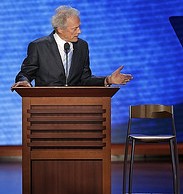
Washington Dispatch: Watching the Conventions
The other day I was standing in the gift shop at the National Museum of American History staring at the display of donkey- and elephant-branded merchandise when a stocky white guy in his mid-thirties came over and grabbed an armful of red GOP t-shirts and a large metal “Republican and Proud” plaque. “Can’t resist,” he said to me. I suppose he thought I would be sympathetic because I was wearing a t-shirt that said “Sports!” in that curly American writing that Coca-Cola has probably trademarked. “I work in healthcare,” he told me, after I nodded and grinned mutely like the weak-kneed liberal I am at heart. “Everyone around me is a Democrat. And I own my own business, so…” So, …
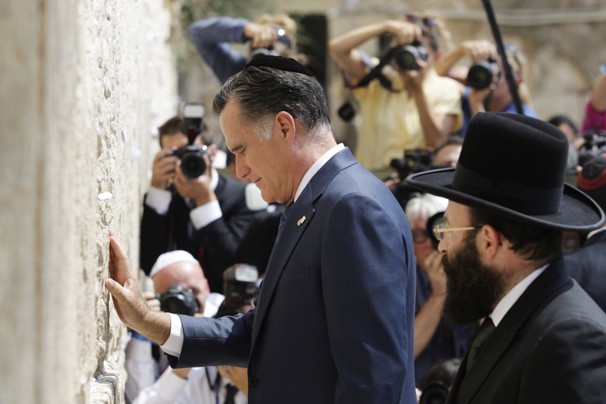
Romney’s Foreign Policy: Careless rhetoric matters
A few days ago, Alexander Ewing posted a “firm riposte” to my blog which criticised Romney and his entourage for their neo-con leanings. Within it he argues that those who claim that a Romney Presidency would result in a return of the neo-cons are simply creating “a storm in a teacup”, and that Romney has used the language of the neo-cons only as a means to distance himself from Obama and portray the President as weak on the world stage. In reality, he argues, Presidents of both parties tend to follow broadly similar foreign policies, regardless of their own ideological leanings or party affiliation. In other words, Romney uses tough talk but it’s largely irrelevant since it won’t alter actual …
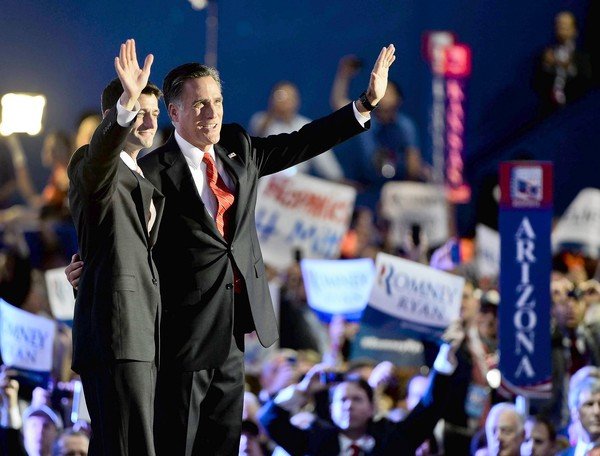
The Return of the Neo-Cons: Why a Romney presidency would be bad for America
This week we were given a first glance at what a Romney presidency might mean for the rest of the world when he and his allies began to spell out what a Romney foreign policy would consist of at the Republican National Convention. The decision to focus upon attacking Obama’s foreign policy record was perhaps unwise given that this is one area in which Obama enjoys relatively broad support and in which Romney has little experience — and given his recent debacles on the international stage, even less credibility. While Obama has not fully lived up to the hopes the international community had for him (demonstrating the folly of awarding peace prizes in advance), he at least still commands the …
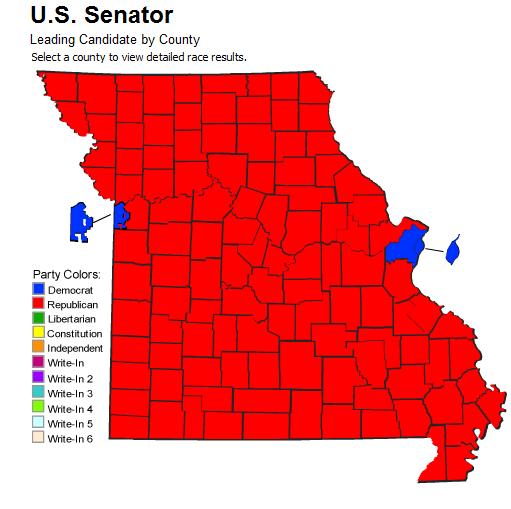
What’s the matter with Missouri?
This is a common question following the row over Congressman Todd Akin’s comment about abortion and rape. In a 2004 book, Thomas Frank, the liberal columnist and author, asked a similar question about Missouri’s western neighbour, Kansas, which has lurched far to the right in recent decades (indeed, its current governor Sam Brownback might well be the most extreme right-wing governor in the union). Yet there is little mystery about Kansas: its rightward shift is part of a broader trend in the Great Plains, which now rivals the South for the status as the heart of the GOP. But Missouri’s rightward shift, which Todd Akin so demonstrated, is perhaps more surprising. Missouri has the makings of a state that could go blue …
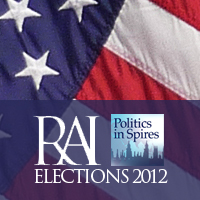
US Elections 2012
Hosted by Oxford’s Rothermere American Institute and the Politics Departments at Oxford and Cambridge universities, Elections 2012 is a forum for academic discussion and debate surrounding the US Presidential, Congressional and local elections. The forum brings together scholars from a range of different fields — including political science, history, law and literature – to supplement the horse-race coverage provided by political journalism and showcase academic research.









